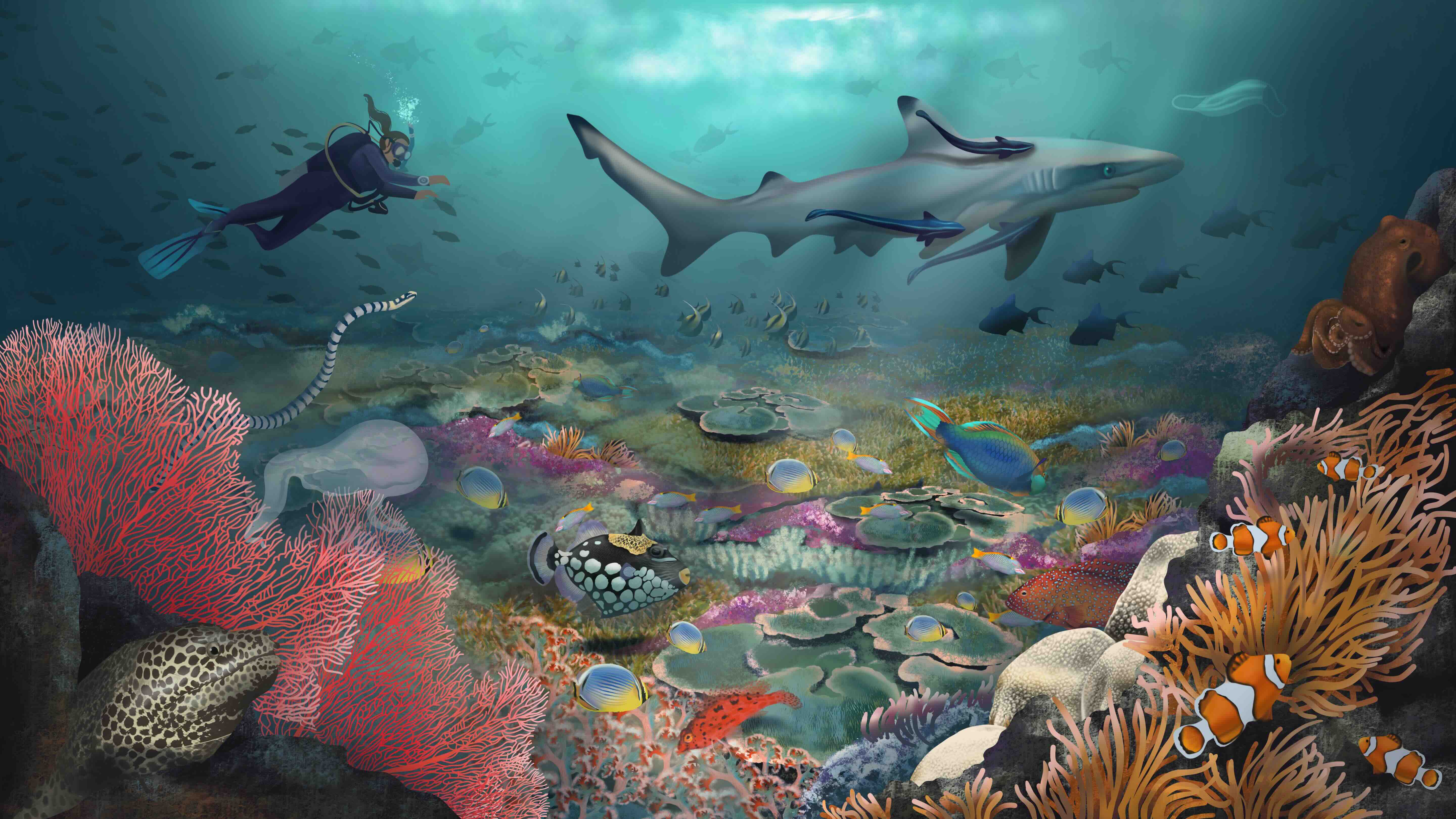
Photo Credit:
Our Vision: WCS-India envisions a world where all life, on land and water, and people thrive together.
Our Mission: WCS-India’s mission is to retain, recover and restore wildlife and ecosystems. We shall achieve this through inclusive, evidence-based action, sustained engagement and creative communication to continue to inspire people.
Our Values: We embrace a set of fundamental core values - Empathy, Respect, Accountability & Transparency, Innovation, Diversity & Inclusion, Collaboration, and Integrity. Our core values help strengthen our success and reputation, and inform the way we conduct ourselves in our work.